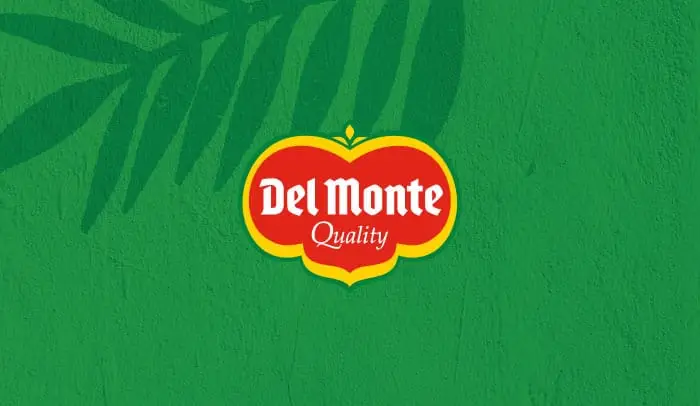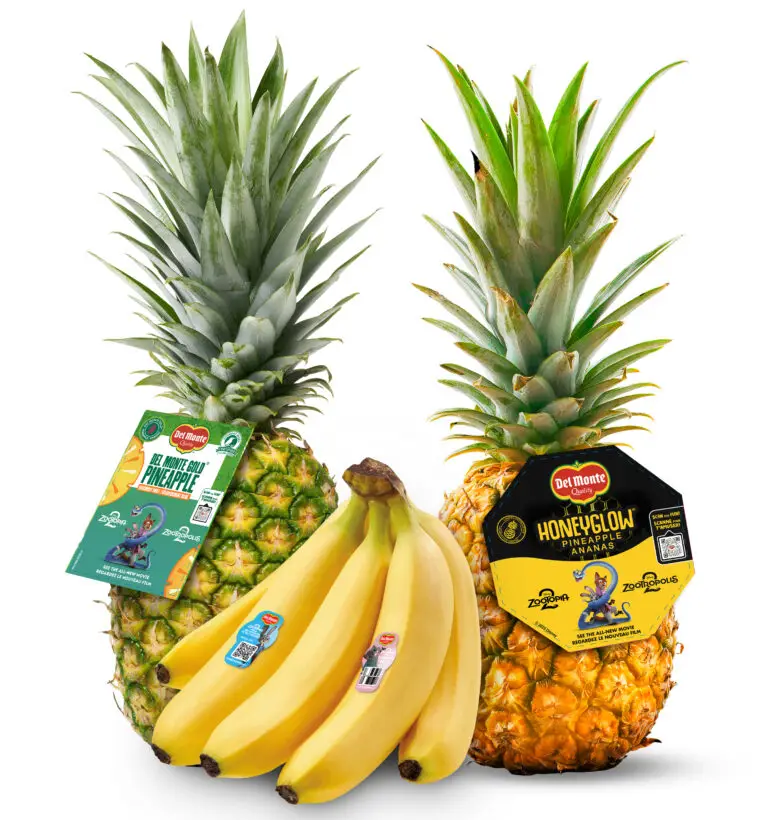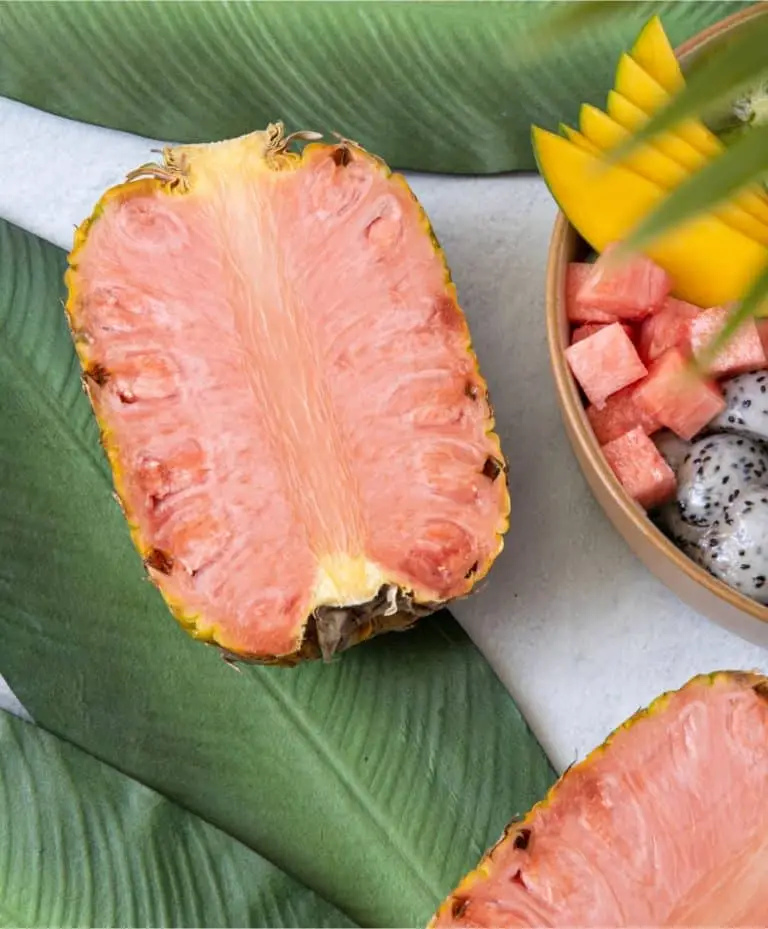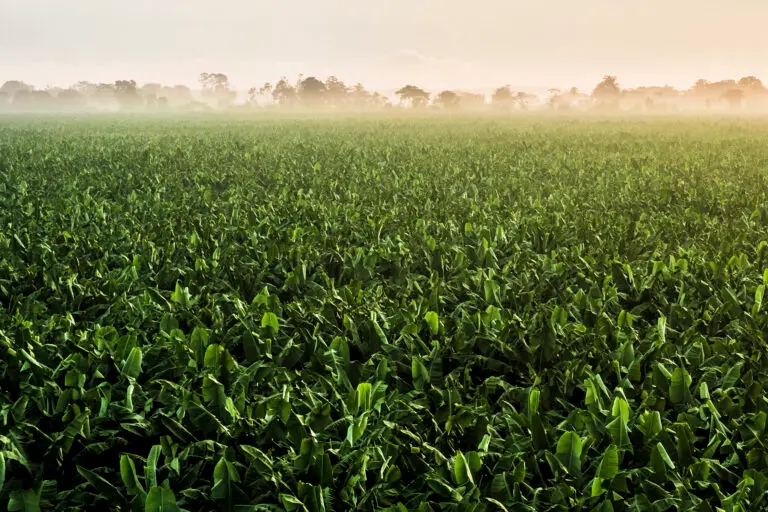Avocados are a favorite among many for their creamy consistency and healthy fats. The most common types of avocados found in grocery stores across the U.S., Hass and fuerte varieties, are typically grown in Mexico, California and Peru. But the humble avocado is getting a new stomping ground: Kenya.
Is a Kenyan avocado any different than its counterparts from other locales? Serena Poon, a certified nutritionist and wellness expert says not really. “Hass avocados change colors and soften when they ripen,” she explains of the variety, which is among the types grown in Kenya. “Their meat is softer and generally has a nuttier richer flavor than fuerte avocados.”
“Fuerte avocados are generally larger than [the Hass variety],” Poon adds. “Their skin remains green when they ripen, they have a lower oil content and their meat is not as soft as a Hass avocado.”
Poon says all avocados contain nutrients like folate, magnesium, potassium, riboflavin and niacin. So, wherever that avocado you’re adding to a salad, burrito or guacamole recipe comes from, you’re getting the same nutritional bang for your buck.
But why are avocados starting to be farmed in Kenya? It’s all about supply and demand. As more avocados are needed in the U.S., farms in Kenya are upping their capability to grow the nutrient-rich fruit.
What are Kenyan avocados?
Kenyan avocados get their name from the location where they are grown. Similar to the conditions in Mexico, California and Peru, Kenya provides a stable environment for growing avocados with its fertile soils and mild climate.
“Kenya is located at the tropics and at an altitude of 5,000 feet above sea level, which offers ideal climatic conditions throughout the year with low humidity and mild temperatures,” Stergios Gkaliamoutsas, managing director for Del Monte Kenya, tells Yahoo Life.
Kenyan avocados are also more sustainable. Fresh Del Monte is the first company to obtain SCS Global Services’ sustainably grown certification for its avocados. This certification means that the company has met criteria set by SCS, whose three main pillars are environmental, social and economic sustainability.
Not only are Kenyan avocados more sustainable, but they also have a different shape than other avocados. “They are significantly longer than traditional avocados,” says Julien Gremaud, chef and owner of Avocado Grill in West Palm Beach, Fla. and Avocado Cantina in Palm Beach Gardens, Fla. “It is fascinating to see their shape in comparison.”
Where to find Kenyan avocados
Kenyan avocados are popping up in grocery aisles across the U.S., and they’re usually Haas avocados.
“The Hass variety of avocados offered by the Kenyan operation are preferred in the market over other varieties,” says Gkaliamoutsas. “Their high quality, long shelf life, convenient size and shape and excellent organoleptic properties (characteristics that make food appeal to the senses) make them suitable for fine gourmet as well as daily consumption.”
But avocados farmed in Kenya can be pricey … at least for now. “Kenyan avocados have a bit of a higher price point,” says Gremaud. “I’m sure as they become more readily available, they will get closer in price to other varieties.”
How to use Kenyan avocados
When you come across Kenyan-grown avocados on your next shopping trip, don’t be afraid to buy them. Poon says they can be used in a wide variety of dishes, the same way avocados from other locations are used.
“These types of avocados make a great spread for avocado toast or blended into guacamole or smoothies,” she says.





